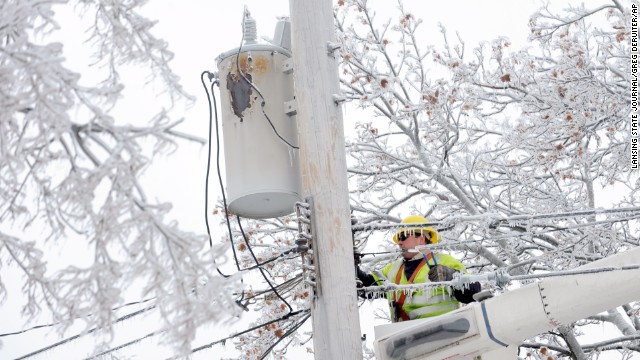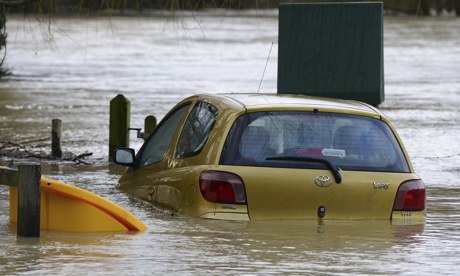
OK folks, let’s call a spade
a spade, shall we? We all know what’s happening given the recent storms and
power outages but the truth is, some people just have it worse than others and
this gentleman explains it pretty clearly.
This is something I’ve made
reference to many times in the past.( by the way, the town where generators were getting stolen? Population 8.000, there goes another myth)
First, it’s just common
sense that a company focuses on restoring service where most people are being
affected. If 12 hours of work restores power/water/gas/keeps safe 50.000
people, then any smart resource manager will to that before spending 6 hours to
restore service for 5.000 people let alone a few dozen.
This is where a lot of the
widely accepted survival myths fall apart. “I live in my BOL homestead already
and I’m a much cooler survivalist than you! I spent two weeks without power,
used my 100.000W generator and spent 5000 USD in gas.” On the other hand,
someone that doesn’t live a gas tank away from the nearest town, in a place
with better infrastructure, didn’t even go without power, or if he did it was
restored within a few hours.
Then you have the other
point the man in the video mentions, and he’s absolutely right too. Given
somewhat equal population masses, nicer areas get taken care of first. Why?
Because those are the ones with more financial and political power, maybe were
the company’s own executives live themselves. Besides, no company wants to
upset those that may end up deciding if they get a new contract or not, if they
are authorized to expand or get safety approvals. While this is of course
unofficial, it is common sense as well.
So keep all this in mind
when making up your mind regarding where to live and which places are better
off. In novels super hero survivalists may win the day, but in the real world
living in isolation has several disadvantages, and its not just about power. Take a good long look before moving somewhere
with poor infrastructure or too isolated to care about.
The same principle applies
to security and policing, water, public infrastructure and environmental
hazards among others.
FerFAL











